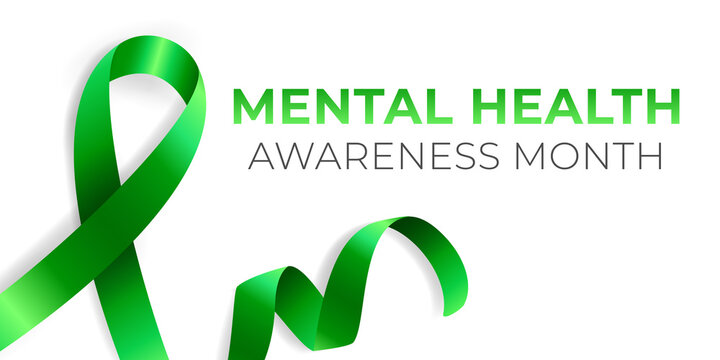
Bebe Moore Campbell National Minority Mental Health Awareness Month is an annual observance which was created to bring attention to the unique mental health needs of minority communities. In the United States, minorities are more likely to experience mental health disorders, but they are also less likely to receive treatment. This disparity is often due to a lack of awareness and understanding. Bebe Moore seeks to change this by promoting education and raising awareness. By increasing understanding and providing access to care, Bebe Moore strives to improve the overall well-being of these communities.
Minority communities in the US face a number of challenges when it comes to mental health care and treatment. One of the most significant obstacles is a lack of access to quality care. Studies have shown that minority groups are more likely to live in poverty and lack health insurance, which can make it difficult to afford services. In addition, they are often underserved by the mental health systems. They may have difficulty finding providers who are culturally competent and who speak their language, which can lead to misdiagnosis and ineffective treatments. Another challenge is the stigma surrounding mental illness. Minority groups may be reluctant to seek help because of the negative stereotypes and misconceptions about mental illness. As a result, many mental health issues go untreated, which can lead to serious consequences for individuals and their families.
One way to improve mental health care for minorities is to increase public awareness of this issue. This can be done through education and outreach programs that target minority communities. In addition, it is important to ensure that mental health care providers are culturally competent and sensitive to the needs of minority groups. There are a number of organizations that work to promote minority mental health awareness and provide support resources. The National Alliance on Mental Illness (NAMI) is one such organization. NAMI offers a variety of programs and services, including support groups, educational resources, and referrals to mental health providers. Another organization is the Substance Abuse and Mental Health Services Administration (SAMHSA), which offers a National Helpline that can connect individuals with local mental health resources. These are just a few of the many organizations that work to promote minority mental health awareness and provide supportive resources. With their help, everyone can get the care they need.